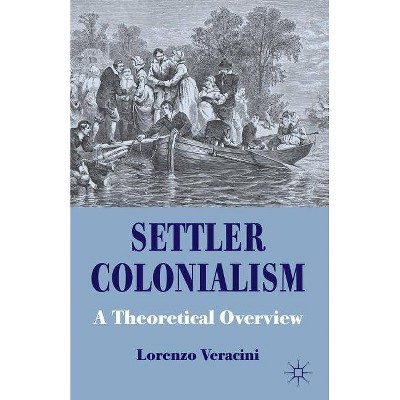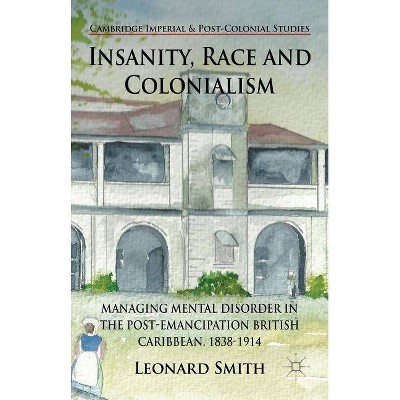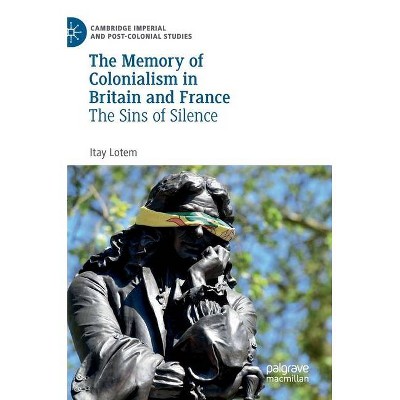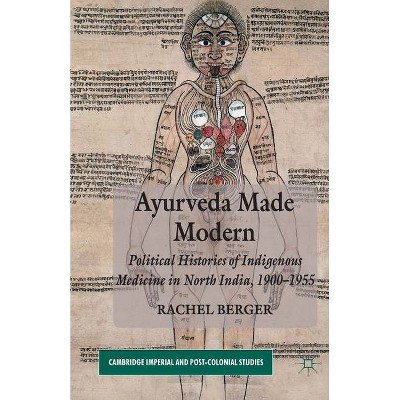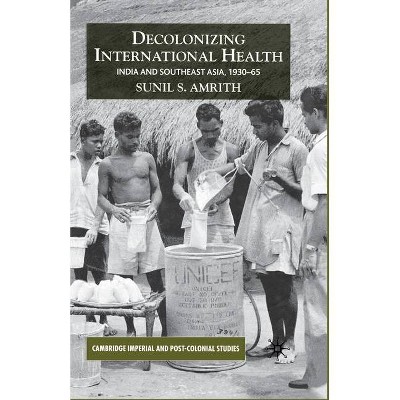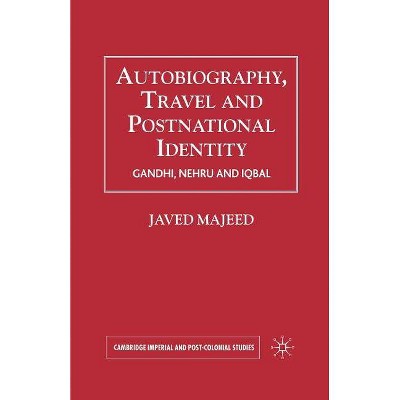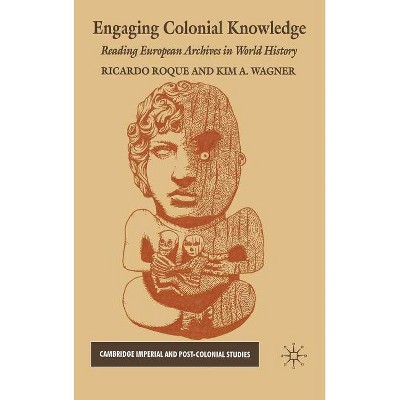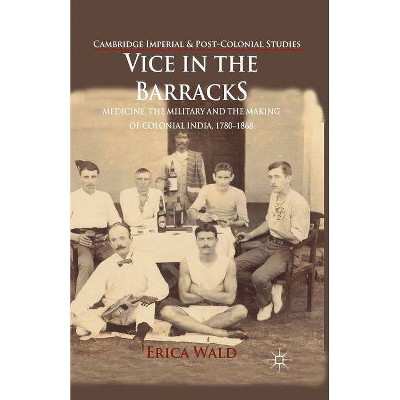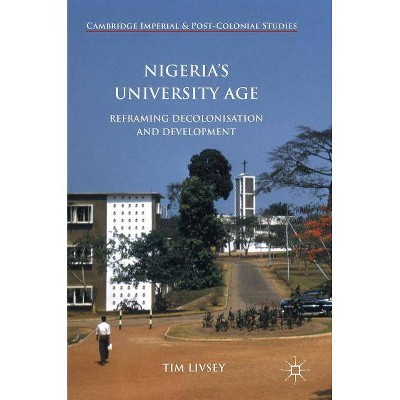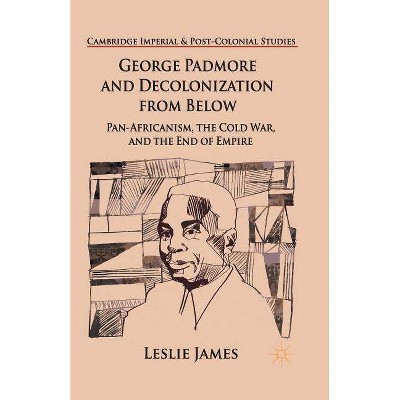Settler Colonialism and (Re)Conciliation - (Cambridge Imperial and Post-Colonial Studies) by Penelope Edmonds (Paperback)
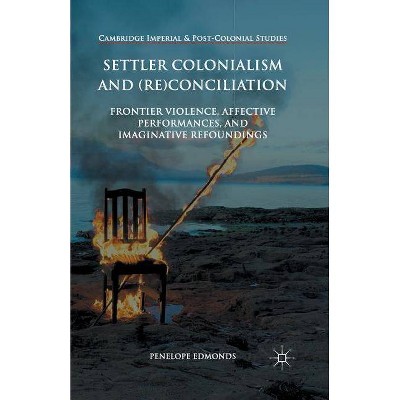
Similar Products
Products of same category from the store
AllProduct info
<p/><br></br><p><b> Book Synopsis </b></p></br></br><p>This book examines the performative life reconciliation and its discontents in settler societies. It explores the refoundings of the settler state and reimaginings of its alternatives, as well as the way the past is mobilized and reworked in the name of social transformation within a new global paradigm of reconciliation and the 'age of apology'. <br></p><p/><br></br><p><b> From the Back Cover </b></p></br></br>This book examines the performative life reconciliation and its discontents in settler societies. It explores the affective refoundings of the settler state and reimaginings of its alternatives and, in particular, the way the past is mobilized and reworked in the name of social transformation within a new global paradigm of reconciliation and the 'age of apology'. In search of a new emancipatory politics, the book takes particular account of Indigenous-led refutations or reworkings of consensus politics in public culture. Taking case studies from the USA, Australia, and Aotearoa New Zealand, it traces the prehistory of reconciliation's present in settler states, a critical and contested political process which is especially salient where formal decolonization cannot occur. The dynamic process of drawing on the past to forge new alliances and imagined futures is a crucial aspect of the political realm - one that we are jointly acting out together; and it is worked out from the affective and overlapping spaces of heart and horror.<p/><br></br><p><b> Review Quotes </b></p></br></br><br><p>"Penelope Edmonds, in Settler Colonialism and (Re)conciliation, employs a historical methodology to examine how reconciliation discourse is deployed and refuted in affective performances. ... a useful addition to the literature on transitional justice and on reconciliation in settler societies, particularly because they acknowledge the tensions around whether and how transitional justice might actually be of use for relationships between Indigenous peoples, non-Indigenous peoples and the state." (Sophie Rigney, International Journal of Transitional Justice, Vol. 11 (2), July, 2017)</p>"The strength of Edmonds' analysis lies in her transnational comparisons that show how Indigenous performances hold settler colonial societies to account for the way they sanitise the past through reconciliation events to realise a specious post-racial future. ... this book is a vital contribution to Indigenous studies because of the tendency of settler colonial societies to use the consensus politics of reconciliation to rationalise the theft of Indigenous lands and colonial violence." (Joshua L. Reid, Australian Historical Studies, Vol. 48 (2), May, 2017)<p></p><br><p/><br></br><p><b> About the Author </b></p></br></br><p>Penny Edmonds is Associate Professor and Australian Research Council Future Fellow in the School of Humanities, University of Tasmania, Australia. She is the author of Urbanizing Frontiers: Indigenous Peoples and Settlers in 19th-Century Pacific Rim Cities (2010); co-editor of Making Settler Colonial Space: Perspectives on Race, Place and Identity (2010) and co-editor of Conciliation on Colonial Frontiers: Conflict, Performance, and Commemoration in Australia and the Pacific Rim (2015).</p>
Price History
Price Archive shows prices from various stores, lets you see history and find the cheapest. There is no actual sale on the website. For all support, inquiry and suggestion messagescommunication@pricearchive.us
